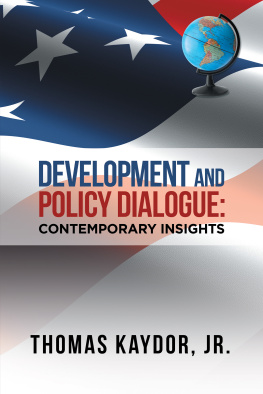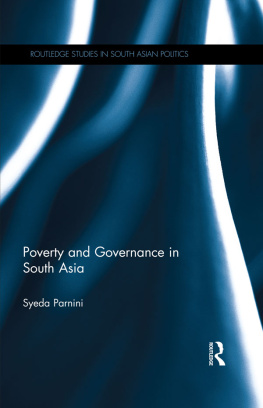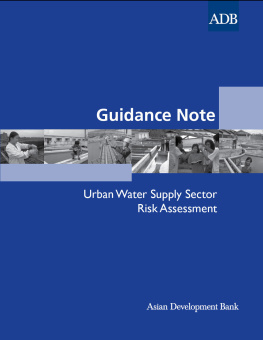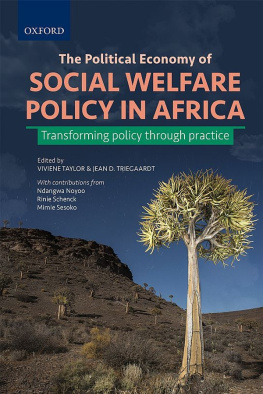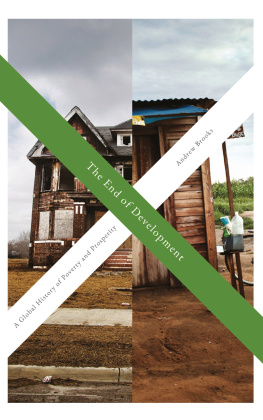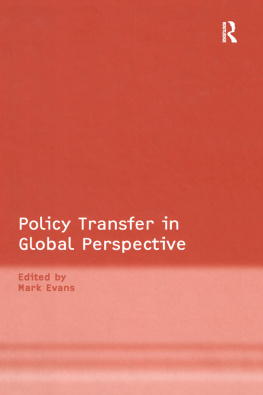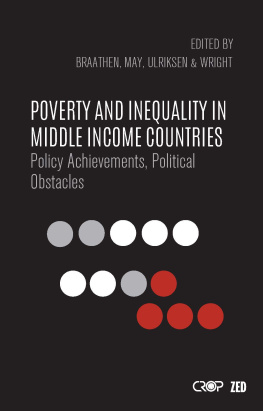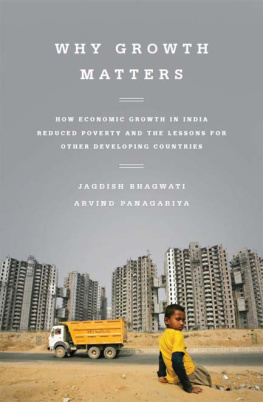DEVELOPMENT AND
POLICY DIALOGUE:
CONTEMPORARY
INSIGHTS
THOMAS KAYDOR, JR.

AuthorHouse
1663 Liberty Drive
Bloomington, IN 47403
www.authorhouse.com
Phone: 1 (800) 839-8640
2020 Thomas Kaydor, Jr. All rights reserved.
No part of this book may be reproduced, stored in a retrieval system, or transmitted by any means without the written permission of the author.
Published by AuthorHouse 06/04/2020
ISBN: 978-1-7283-6308-0 (sc)
ISBN: 978-1-7283-6333-2 (e)
Any people depicted in stock imagery provided by Getty Images are models,
and such images are being used for illustrative purposes only.
Certain stock imagery Getty Images.
Because of the dynamic nature of the Internet, any web addresses or links contained in this book may have changed since publication and may no longer be valid. The views expressed in this work are solely those of the author and do not necessarily reflect the views of the publisher, and the publisher hereby disclaims any responsibility for them.
DEDICATION
I dedicate this book to the Governments and peoples of Australia and Liberia; the victims of poverty; and to all those working to alleviate extreme poverty, hunger and disease globally.
CONTENTS
We live in a time when the largest numbers of people are being lifted out of absolute poverty in a relatively short time span in human history. This is happening in Asia and in Africa. This is a time when the understanding of development and the topics for development studies are enriched at an unprecedented pace. This is also a time when the dynamic and thriving economic and social changes in developing countries become inspiration for each other or even for the developed world. The experience and efforts of the developing countries to achieve prosperity, social inclusiveness and good governance have gained greater attention than ever. The diverse paths and innovative approaches taken in many of these countries become important cases of study.
To a great extent, the economic recessions and the social problems in the developed world have left more room for, or even pushed developing countries to reflect on the paths to take in the future in terms of development. These can be about: the relationship between economic growth and social development, the relationship between the state and business (, big businesses), the structure of governance, and the approaches to policy learning. These are in no ways suggesting alternatives to the core values for development. The goals, solutions to the problems, and the sources of these solutions can be a lot more varied.
Tom Kaydor was my student at Crawford School of Public Policy at Australian National University. I was his professor of the courses on development policy and on urbanisation. On the first day when the development course started on a summer morning of the Southern Hemisphere in 2014, Tom managed to catch my attention in a packed classroom. He was keen to interact with me and other students and was vocal about what he thought was right and wrong about the theories on development we had yet started to go through. He was clearly concerned about his country and wanted to express the view or multiple views of people from Africa. His passion also influenced other students in class. I was very happy to engage in the conversation, and at the same time became aware that this was a group of students who were frustrated with the history, excited about the present and deeply anxious about the future of their home. The energy these students have shown reflects the energy of their promising homeland.
Tom told me that he is publishing a book and asked me to write an introduction for it. I am delighted and agreed. The essays in this book reflect on the goals, issues and practices in the fields of development, public administration and international relations with particular interests on Liberia or lessons he thinks Liberia should learn from other countries. It is his take on these topics after studying at Crawford School of Australian National University, where he did not only attend lectures, but also had the opportunity to exchange ideas with his fellow students who are from different parts of the world with rich experience in field of development. The essays convey Toms enthusiasm in making his voice heard internationally. Now, Tom is working as the Deputy Foreign Minister for International Cooperation and Economic Integration back in his home country (Liberia). His experience will continue to enrich his understanding of these topics. I look forward to the publication of this book and wish him to produce more works in the future.
Professor Bingqin Li (PhD)
Associate Professor, Policy and Governance (POGO)
Crawford School of Economics and Government
Australian National University

HAVE WE FAILED VERY BADLY IN THE FIGHT AGAINST
GLOBAL POVERTY IN TERMS OF AID EFFECTIVENESS?
1. INTRODUC TION
The fight against global poverty has come a long way. The Millennium Development Goals (MDGs) were the latest effort to combat global poverty (Annan 2000). As the MDGs expired in 2015, a new global development agenda, the Sustainable Development Goals (SDGs) have been developed (United Nations 2014). Developed countries continue to provide overseas development assistance (ODA) or aid to help developing countries overcome extreme poverty. Aid is a sum of concessional loans and grants given to poor countries (Moyo 2009, p.7). Concessional loans are monies lent at below market interests rates for longer periods than ordinary commercial loans, while grants are monies given for nothing in return. (p. 7). Aid is divided into three components. First, humanitarian aid is provided in response to catastrophes and calamities like the ebola virus disease outbreak in West Africa, flus, earthquakes and tsunamis (Riddle 2014). Second, charity-based aid is disbursed through charitable organizations to the needy (Moyo 2009). Last, systematic aid is payments made to recipient countries through bilateral or multilateral channels (P.7).
Aid is a post-World War II phenomenon which began with the Marshal Plan aimed at Europes reconstruction (OECD 2014). Following the reconstruction of Europe, the OECD was founded in 1961 to help newly independent and poor countries undertake development programmes (OECD 2014). Presently, these traditional donors have been joined by new ones in providing aid to developing countries. This essay examines whether the world has failed very badly in the fight against global poverty in terms of aid effectiveness. It argues that the world has not failed so baldly in using aid to fight against global poverty, but that donors and recipient countries need to target aid at programmes that directly get the poor out of absolute poverty in low-income countries (LICs), and narrow the inequality gap in middle-income countries (MICs).
2. GLOBAL DEVELOPMENT EFFORTS TO END EXTREME POV ERTY
The developed world, the World Bank (WB) and the International Monetary Fund (IMF) have used many strategies to deliver ODA to developing countries. First, the basic needs strategy was adopted in the 1970s-1980s (Haynes 2008). This strategy called for synergies between national development policies, local community development needs, and international development assistance (p. 29). It focused on the provision of sufficient food, clean water, adequate shelter, primary health care, and at least elementary education for the poor (Stewart 2006). This strategy failed because it was subsumed into the Cold War ideological divide which made aid a political tool rather than a developmental one (Thomas 2005), and due to misappropriation of aid by elites in the developing countries (Haynes 2008). Second, the Structural Adjustment Programme (SAP) was adopted in the 1980s-90s (Haynes 2008). It encouraged fiscal and monetary discipline, free trade, free capital flow and economic cooperation among states (p.30). Aid was preconditioned on private sector led development, spending cuts on basic services, reduced wages, limited state intervention in markets, and trade liberalization (Haynes 2005). The SAP also failed because it was externally imposed on developing countries, and its increased poverty in poor states (Haynes 2008, p.31).
Next page
